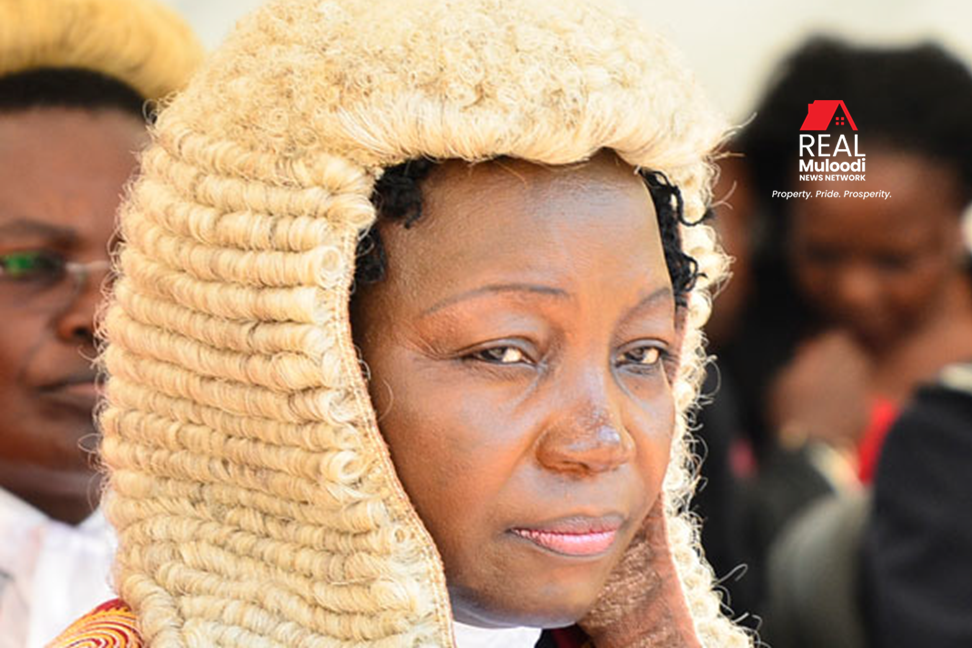UGANDA, Kampala | Real Muloodi News | In a case dating back to 2011, the sale of land owned by Uganda Broadcasting Corporation (UBC) to Haba Group, owned by businessman Hassan Basajjabalaba, was at the centre of controversy.
The High Court ruled that the sale of the land was illegal, leading to a series of legal battles that culminated in a ruling by Justice Stella Arach-Amoko at the Supreme Court.
The case shed light on a fraudulent scheme that involved multiple parties and highlighted the need for proper procedures and transparency in land transactions.
UBC sold a piece of land in Bugolobi, Kampala, to the Haba Group for USh11.5 billion in February 2011. Three months later, Haba sold the same property to a company called Deo & Sons for USh22 billion.
UBC reacted to the sale by terminating the agreement and seeking to reinstate its ownership of the land. Haba, feeling aggrieved, filed a lawsuit against UBC, accusing them of wrongful termination and interference with their investment.
UBC raised a counterclaim, arguing that the sale of the land was illegal because it had not received prior approval from the relevant minister, as required by Section 6(a) of the UBC Act.
The sale had taken place before the minister’s consent was obtained, which rendered the transaction invalid.
The High Court agreed with UBC and dismissed Haba’s case, cancelling all entries on the land title and reinstating UBC as the rightful owner.
The parties involved in the scandal, including Haba Group, Deo & Sons, and UBC, entered into a consent judgment in April 2013, which effectively reversed the orders of the High Court.
Haba sought to execute the consent decree, leading to the attachment and sale of the land to Margret Muhanga Mugisa, the current State Minister for Primary Healthcare.
Muhanga was registered as the owner of the land, prompting UBC to challenge the execution and sale in the Court of Appeal.
The Court of Appeal quashed the consent judgment, stating that it was inconsistent with the High Court’s judgment and decree.
The majority decision of the Court of Appeal favoured UBC and ordered the cancellation of Muhanga’s title.
However, Muhanga appealed to the Supreme Court, arguing that the Court of Appeal had erred in cancelling her title without it being sought or pleaded in the application.
Justice Arach-Amoko, writing the lead judgment at the Supreme Court, agreed with Muhanga’s lawyers that the cancellation of her title had not been specifically requested by UBC.
However, she stated that the Court of Appeal was obligated to make that order after establishing that the entire transaction leading to the sale was based on an illegal consent judgment.
She ruled that the execution and sale of the land were contrary to the Civil Procedure Act.
The lawyers representing Muhanga argued that the correct procedure for challenging the execution should have been through an ordinary suit, involving the presentation of evidence and cross-examination.
They contended that a notice of motion was not appropriate for such matters.
However, Justice Arach-Amoko agreed with the UBC lawyer’s argument that the procedure followed was valid, citing relevant sections of the Civil Procedure Act.
Justice Arach-Amoko concluded that the sale of the land was illegal and that the execution of the consent judgment was contrary to the law.
She upheld the orders of the Court of Appeal, including the cancellation of Muhanga’s title.
Additionally, she noted that UBC’s representatives had colluded with the parties involved in the scam, leading to a denial of costs for UBC’s lawyers.
READ MORE LIKE THIS:
Three Charged with Impersonating State House Employees to Defraud Woman
State House Official Accused of Interfering with Deceased Woman’s Property



